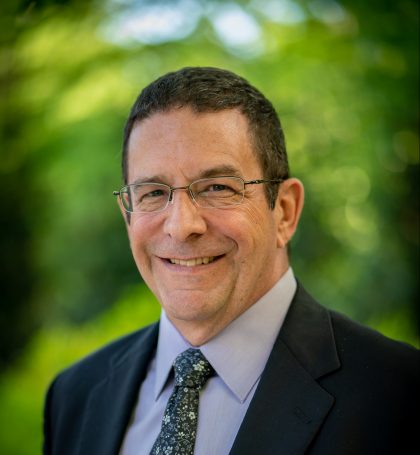Reverend Ed’s Last Service
Join the Proulx Posse Hoedown
Reverend Ed Proulx serves the First Unitarian Universalist Congregation of the Palm Beaches as our Interim Minister from 2020 through 2023.

He comes to us after a 29 year career in pension services, working mostly for banks in CT, NY and most recently in SC.
He is married to Francine and has two college-aged daughters who both still reside in SC.
His call to ministry is to “walk with you as you experience the mysteries of being human.”
Join the Proulx Posse Hoedown
This Sunday, we invite as our guest, our next minister, Reverend Latifah Griffin, along with our soon to be departing minister Reverend Ed Proulx.
Upon departing, each Interim Minister is supposed to address the congregation to let them know of the Minister’s observations. If you look at this Interim Ministry like a three-year long dress rehearsal, this service is sort of like “notes” at the end of the last … read more.
I (Reverend Ed) will admit that this service comes from a challenge. Two particular someones, beloved both by this congregation challenged me saying that I often talk about the “liberating, joyous and redemptive message of Unitarian Universalism”, but I never tell you what that message … read more.
This Sunday, we celebrate this year’s recipients of our Harriette Glasner Social Justice Scholarship. Come, meet them, hear their stories and connect personally with this very important project in this congregation’s goal to live its mission fully in the world.
.wp-block-gutenbee-spacer.block-f44d1b-9b3d-45 { height: 34px; }
This Sunday, we celebrate Mother’s Day and we Celebrate our two participants in our Coming of Age Progam, Graeme Melcher and Bridget Moreno. Come, hear their Belief Statements as they take another step on their journeys.
.wp-block-gutenbee-spacer.block-9b39b6-f0a2-4d { height: 34px; }
Silence. There is good silence. There is unnerving silence. Sometimes, the silence can be deafening. So much of our spiritual awareness happens in silence.
.wp-block-gutenbee-spacer.block-10f07f-3b32-41 { height: 34px; }
Last November, our Governor Ron DeSantis secured his second term in office on defeating Democratic nominee Charlie Crist by a significant margin as Florida continued its shift from swing state to more reliably red. In his victory speech, DeSantis declared to a cheering crowd that … read more.
For Easter this year, we will celebrate a traditional Flower Communion. Originally created in 1923 by Unitarian minister Norbert Čapek of Prague, Czechoslovakia, the ceremony was introduced to the United States by Rev. Mája Čapek, Norbert’s widow and has been celebrated in Unitarian Universalist Churches … read more.
Congregations and their people are still feeling the drag of two years of isolation and its associated stressors. Many experts describe our collective experiences as trauma, and trauma takes time to heal. This drag is leading to a completely understandable “low capacity” for all kinds … read more.